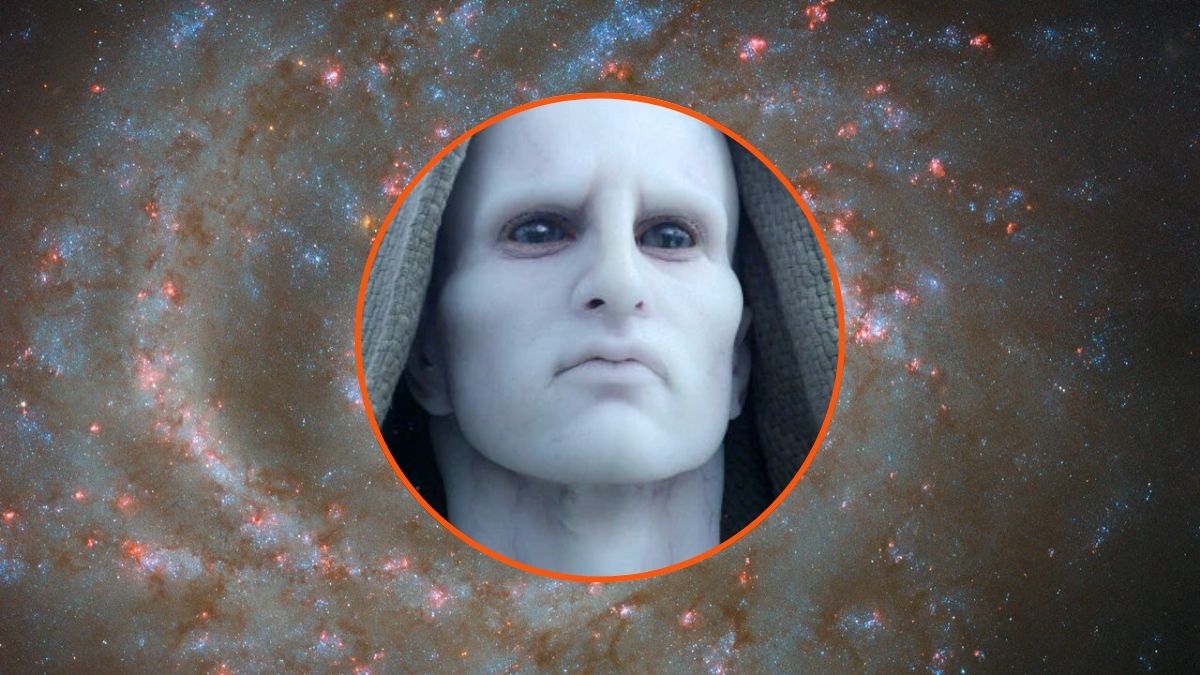Every once in a while we all deserve a little cosmological horror treat. It’s that time again, as “alien invasion” trends on X.
A quick search through the trend yields little indication of where this hullabaloo actually came from, though. No need to worry; we’ve already put our tinfoil hats on and investigated. Prepare for a mystery involving a computer scientist named Clif High, an eerie bot, and… Donald Trump.
The Dec. 3 alien invasion trend explained
“Alien invasion” trended on Dec. 3, 2024, because a computer program predicted a UFO event would take place on that day. Let’s roll things back to the late 1990s, where this story begins.
High is a self-professed “futurist” who created a program in the late 90s that he claims makes predictions by scanning the internet’s articles, blogs, forums, and more. Though it was designed to predict things like stock market trends through studying linguistics, it evolved over time to analyze on a broader scale.
In 2009 the program predicted a sky battle between UFOs and military fighter jets, after which humans would share an existence with extraterrestrials. Additionally, the battle was due to take place 39 days after a “trigger event.”
That event, as it turns out, was predicted to be Joe Rogan interviewing Donald Trump, which indeed happened 39 days before “alien invasion” trended. So people watched the so-called trigger event unfold and waited to see if Independence Day or Arrival would happen on Dec. 3.
Admittedly, the program predicting Rogan would interview Trump before the latter had entered politics or Rogan became a force in podcasting is intriguing. Rogan was still known for Fear Factor, and Trump for The Apprentice. The program guessing their paths would cross with that amount of specificity in 2009 is impressive.
No aliens were spotted on Dec. 3, but NASA is searching for them
UFO sightings, doctored photos, and other claims of extraterrestrials on Earth are frequently debunked. But it’s not all bad news for the Fox Mulders of the world; NASA is actively looking out for signs of other civilizations.
There’s even a project which uses “the largest fully steerable radio telescope on Earth to search for evidence of civilizations in the galaxy.” Citizen scientists interested in astrophysics identify radio frequency interference to weed out noise and look for signals that could indicate intelligence in the stars.
Many scientists believe it’s unlikely we are alone in the universe, but that we can’t be certain either way. It’s thought that space-time constraints would probably prevent interaction with other life due to distance, time, and technological limitations, though, so NASA isn’t prone to backing the internet’s abduction theories.
The Drake equation, published in a 2016 paper, “makes it possible to assign a new empirically valid probability to whether any other advanced technological civilizations have ever existed,” explained NASA. Adam Frank, professor of physics and astronomy at the University of Rochester and co-author of the paper added, “Of course, we have no idea how likely it is that an intelligent technological species will evolve on a given habitable planet.
But using our method we can tell exactly how low that probability would have to be for us to be the ONLY civilization the Universe has produced,” he said. “We call that the pessimism line. If the actual probability is greater than the pessimism line, then a technological species and civilization has likely happened before.”
Co-author Woodruff Sullivan of the astronomy department and astrobiology program at the University of Washington raised a point many find easier to swallow than the idea of aliens visiting Earth for funsies: perhaps other civilizations existed in the past or will exist in our relative distant future. “Rather than asking how many civilizations may exist now, we ask ‘Are we the only technological species that has ever arisen?” Sullivan said.
